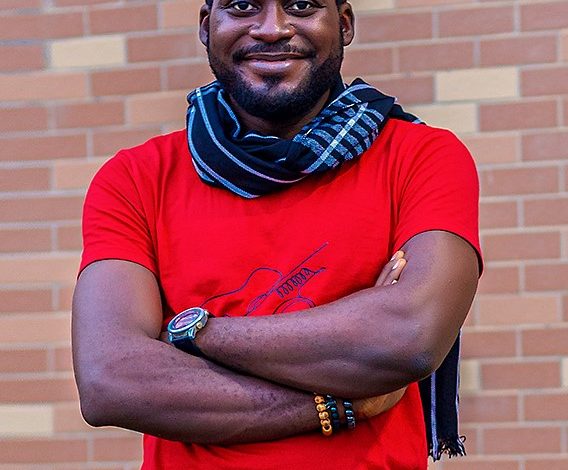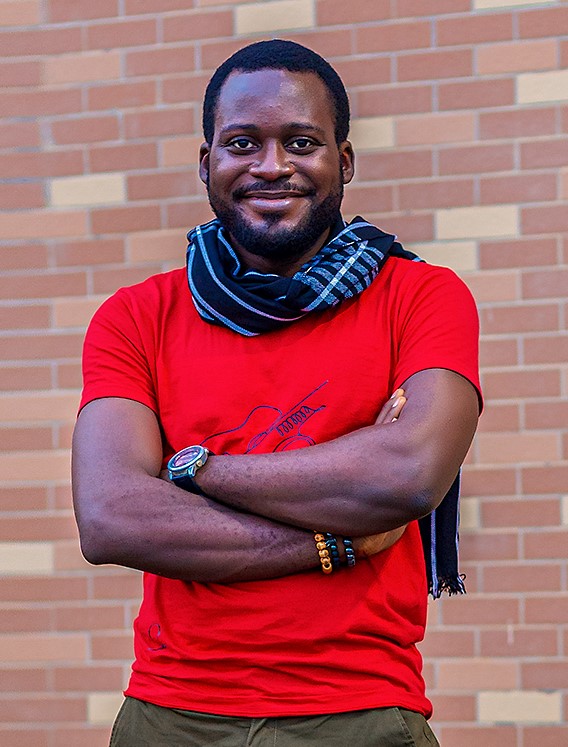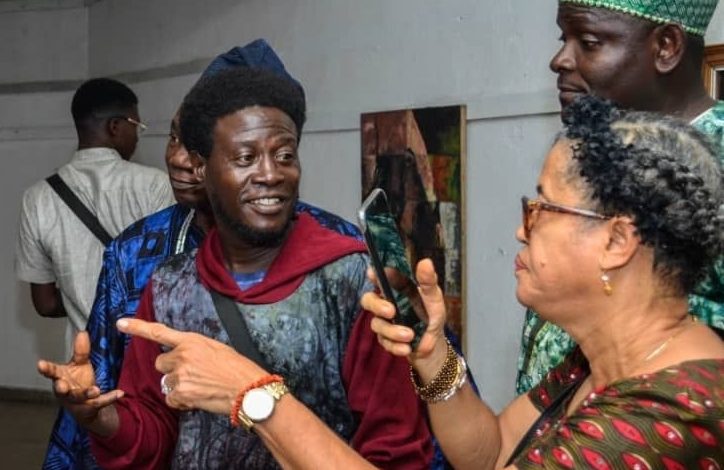‘SEVHAGE’s pan-African approach celebrates diversity, reinforces interconnectedness of our cultures, experiences’

By Anote Ajeluorou
SEVHAGE is a publishing outfit established by writer, Su’eddie Vershima Agema (author of poetry collection, Memory and the Call of Waters). But Agema taken his engagement in the literary landscape a notch higher up. He also established the Benue Book and Art Festival and the rewarding SEVHAGE Literary Prizes component, which he has made a continental affair. He just awarded the SEVHAGE Literary Prizes 2023 to winners across various categories that make the prizes inclusive. Although the monetary values of the prizes seem modest, Agema is looking for collaborators, who’d help make the prizes rubost for winners, among other expansionist ways of making writing pretty cool on the continent
What prompted the establishment of SEVHAGE Literary Prizes?
OUR inception of the prizes in 2019 was to serve two key purposes: to celebrate and recognize the contributions of writers and to integrate this initiative into the Benue Book and Arts Festival, a significant annual project of SEVHAGE. The decision was motivated by the dearth of such honors within the literary landscape, prompting a proactive effort to fill this gap and contribute to the enrichment of the literary community. The truth is: we don’t have enough prizes!
The prizes, outlined in four distinct categories, reflect a commitment to fostering artistic diversity and providing a platform for writers to showcase their talents while also being rewarded monetarily in Naira. The SEVHAGE-KSR Hyginus Ekwuazi Prize for Poetry, SEVHAGE Prize for Short Fiction, SEVHAGE Prize for Creative Non-Fiction, and E. E. Sule/SEVHAGE Prize for African Literary Criticism are designed to elicit excellence in various literary forms.
The 2023 SEVHAGE literary competition, which featured entries from across Africa, served as a testament to the success of this initiative. The competition highlighted the multifaceted talent of African writers, with celebrated judges, led by Professor Hyginus Ekwuazi, a distinguished author, scholar, and teacher, acknowledging the impressive depth and breadth of literary prowess on the continent.
Moreover, the prizes are not merely arbitrary acknowledgments; they are named in honor of accomplished individuals—Professor Sule E. Egya, Professor Leticia Mbaiver Nyitse, Professor Maria Ajima, and Professor Hyginus O. Ekwuazi—who have significantly contributed to the growth of literature and criticism in Africa. By attaching these prizes to such esteemed figures, SEVHAGE aims to pay homage to the rich legacy of these distinguished professors and teachers in the field of literature, thereby establishing a bridge between the past and the present.

Founder of SEVHAGE Publishing and prizes, S. Su’eddie Vershima Agema
And why did you decide to make the prizes Africa-wide?
Expanding the literary prizes to encompass the entirety of Africa in 2023, (it was previously strictly a Nigerian prize) serves several important purposes. Primarily, it reflects our commitment to inclusivity and our shared brotherhood as a continent. By making the competition Africa-wide, SEVHAGE seeks to create a platform that transcends geographical boundaries, providing equal opportunities for writers from diverse backgrounds, cultures, and nations to participate and showcase their work. This pan-African approach not only celebrates the diversity within the literary community but also reinforces the interconnectedness of our cultures, experiences and shared stories.
It is my hope that this will lead to increased international literary conversations, ultimately enriching the global literary landscape with the unique narratives that Africa has to offer.
The monetary value for the prizes seems small. Are you not looking to increase them?
Ah, if you give us money, we will definitely raise the bar! We are open to working with sponsors to raise the bar here, but not waiting on anyone while we work to provide meaningful recognition and support to a diverse range of writers while maintaining the sustainability of the literary prizes over the long term. We will soon be making a call for prizes, and if we go above our means, we might not be able to make progress.
To answer your question directly: there are several factors including resource constraints, sustainable funding, inclusivity, symbolic recognition, and a need to spread across multiple categories for a broader playing field.
Whatever the case, it’s important to view these prizes not just in monetary terms but as part of a broader effort to foster and celebrate literary talent within the African context.



